Comprehensive Bioanalytical Support for Neurology Disorders
BioAgilytix leverages veteran insights, gained from decades of real-world experience supporting neurology research studies, to help you successfully navigate scientific and regulatory complexities at every step of development.
Neurology:
Innovative Changes in Treatment Methods
The incidence of neurologic disorders is increasing in industrialized countries. Alzheimer’s Disease is a chronic neurodegenerative progressive disease with unknown causes. The diagnosis is mainly based on clinical symptoms using medical imaging and biomarkers. Another devastating chronic neurologic disorder is Multiple Sclerosis (MS), which is characterized by a progressive demyelination of the CNS of autoimmune pathogenesis. Although it is known that a chronic autoimmune reaction causative of MS is mainly diagnosed by clinical signs and symptoms, imaging, and the measurement of biomarkers, the differentiation to other diseases is extremely challenging and the need for specific biomarkers to be analyzed in serum and CSF is immense. Examples of CNS-specific biomarkers include αβ42 and total Tau, neurofilaments light chain and osteopontin.
The treatment of neurologic disorders is extremely challenging as their causes are often not yet fully understood. Based on data that there is an autoimmune component involved in the development of MS, monoclonal therapeutic antibodies such as natalizumab (against alpha4 integrin), rituximab/ofatumumab (against CD20), or alemtuzumab (against CD52) are approved as single or combined administration for its treatment. There is also promise in drug candidates that treat a possible viral cause of MS, as published recently with the bioanalytical work from the BioAgilytix team (Curtin F, Vidal V, Bernard C, Kromminga A, Lang AB, Porchet H. MAbs. 2016;8(5):854-60). This scientific publication demonstrates that pharmaceutical and biotechnology companies involved in neurologic disease-related drug development will need a CRO partner prepared for the complexities these neurology biologics pose in any phase of development.
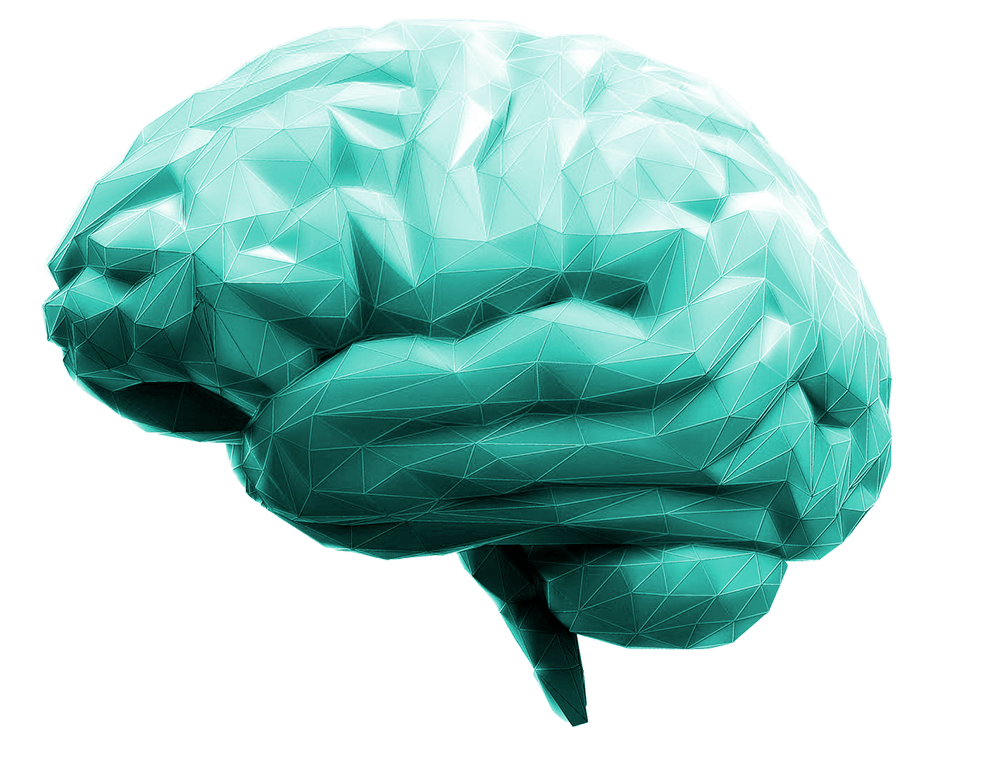

From Our Blog
The Evolving Future Of Bioanalytical Outsourcing: What It Means For Our Industry
Today’s pharmaceutical and biotechnology organizations need a scientific partner that can help them constantly innovate and evolve to meet novel requirements of developing increasingly effective (but increasingly complex) biotherapeutic innovations.
Immune Oncological Tools:
Exciting Therapeutic Options
With the increasing average life span of the population, 14 million new cases of cancer worldwide are diagnosed per year. The following examples are intended to demonstrate the immense power of immune oncological treatment options to address these cases, and are not mentioned to be a comprehensive overview nor a specific prioritization.
The first example are monoclonal antibodies which are directed against cancer-specific antigens, e.g. a monoclonal antibody directed against TYRP1, a protein which is highly expressed in melanocytes and melanoma cells. First results are highly promising that advanced malignant melanoma can be treated.
Another example of a promising immunotherapeutic approach are inhibitors of certain lymphocytes surface marker, e.g. NKTR-214 is a CD122 agonist designed to initiate a rapid proliferation of T- lymphocytes and Natural Killer (NK) cells. In addition, this molecule enhances the expression of PD-1 (programmed cell death protein 1) in these immune cells. Results of a Phase 1 study were recently presented at the 2016 annual meeting of the Society for Immunotherapy of Cancer.
Equally promising is the approach which should be paid attention on is the development of agent that interact with intracellular checkpoints such as PD-1 (programmed cell death protein 1) or LAG-3 (lymphocyte activation gene 3).
And finally, a cellular approach is the use of adoptive cell therapy (ACT) by the generation of chimeric antigen receptor T lymphocytes (CAR-T) which utilize patient’s tumor-infiltrating lymphocytes (TIL) to kill their own tumor cells. Novel molecular tools enable the specific design of these transformed cells. This approach widely opens the doors for personalized medicines.
The following services are regularly used in metabolic-related studies at BioAgilytix:
Optimal Platforms for Immuno-Oncology Related Bioanalysis
When it comes to immuno-oncology assessments, a broad range of analytical methods across diverse matrices, including tumor, blood, cells, and DNA/RNA, is necessary to paint the best, most informative picture. Options include the measurement of circulating proteins in the blood using immunoassays; the examination of the cellular component of the blood, including the analysis of circulating tumor cells and/or circulating free DNA via flow cytometry; and tumor gene expression by PCR.
Patient samples are precious and are often subject to limited availability — either in terms of the biopsy material available or blood volume restriction. This necessitates highly sensitive and reproducible assays capable of running small sample volumes, such as the multiplex assays described above. Immunoassays and flow cytometry allow more data to be generated from the smallest amount of sample.
The measurement of gene expression is generally performed by quantitative real-time RCR, and multiplex or singleplex ELISpot analysis is applied for the measurement of specific T- or B cell responses. BioAgilytix has all of these platforms as part of our premier bioanalytical technology suite, including:
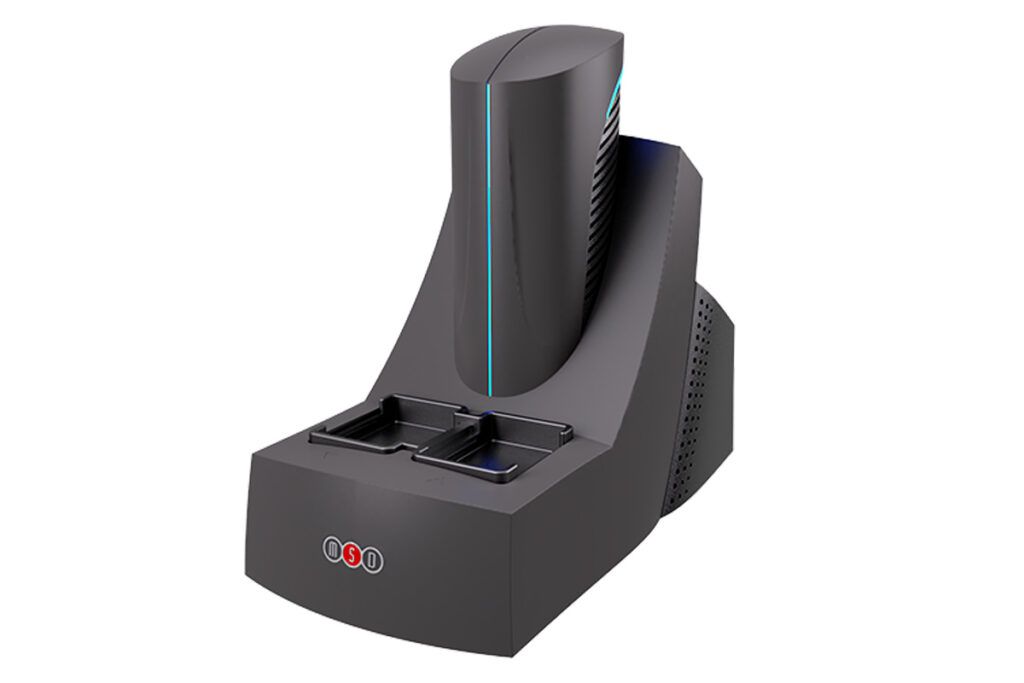
MSD-ECL
(Electrochemiluminescence)
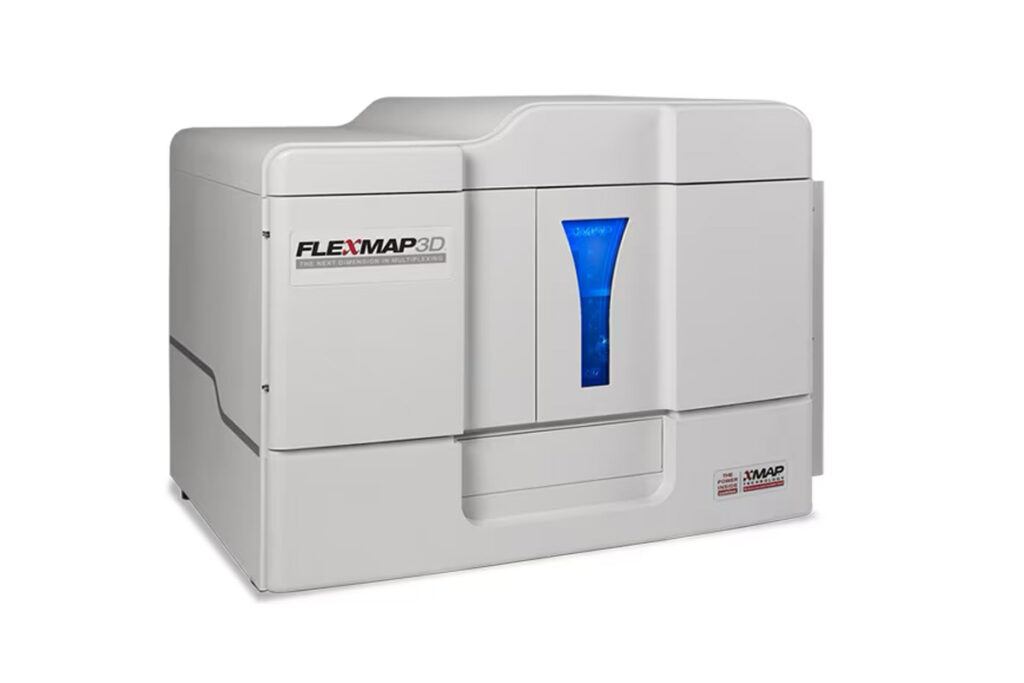
Luminex
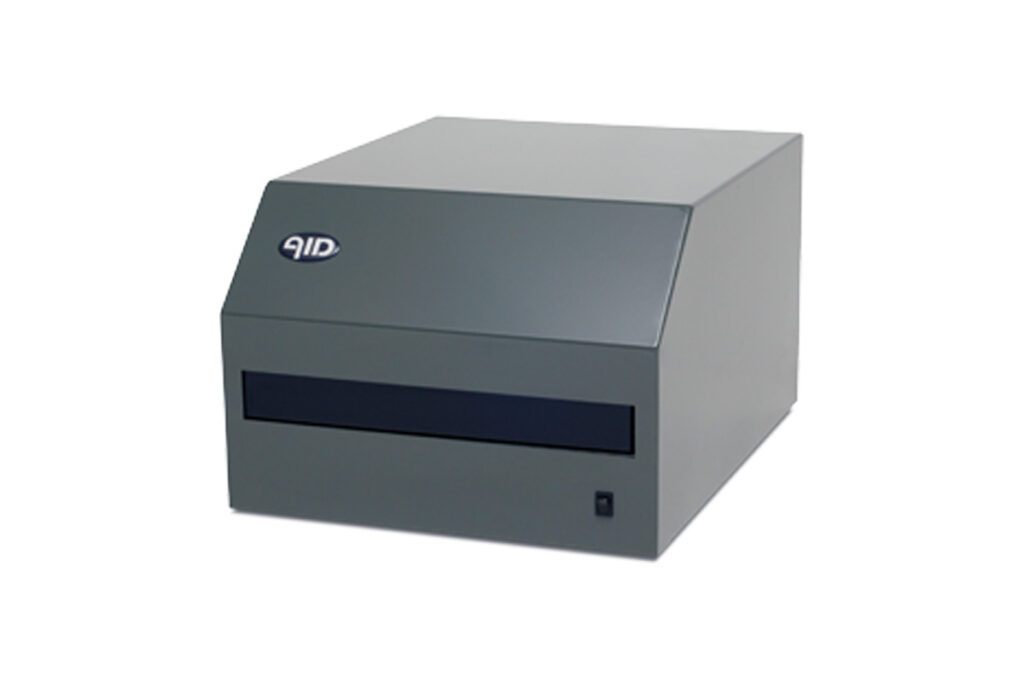
ELISpot
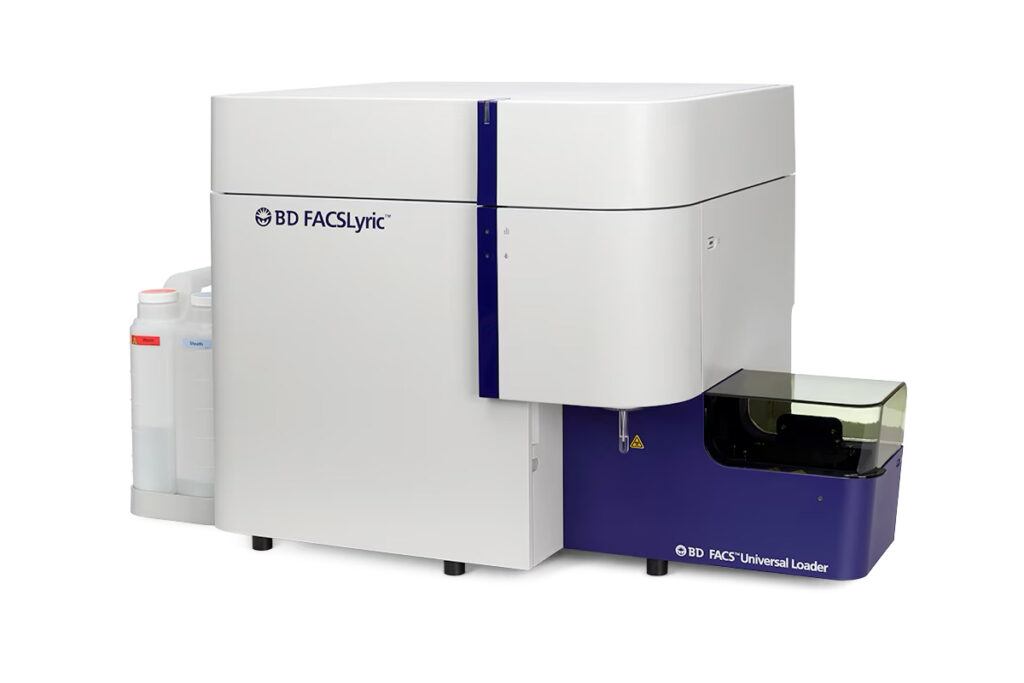
Flow Cytometry (FACS Analysis)
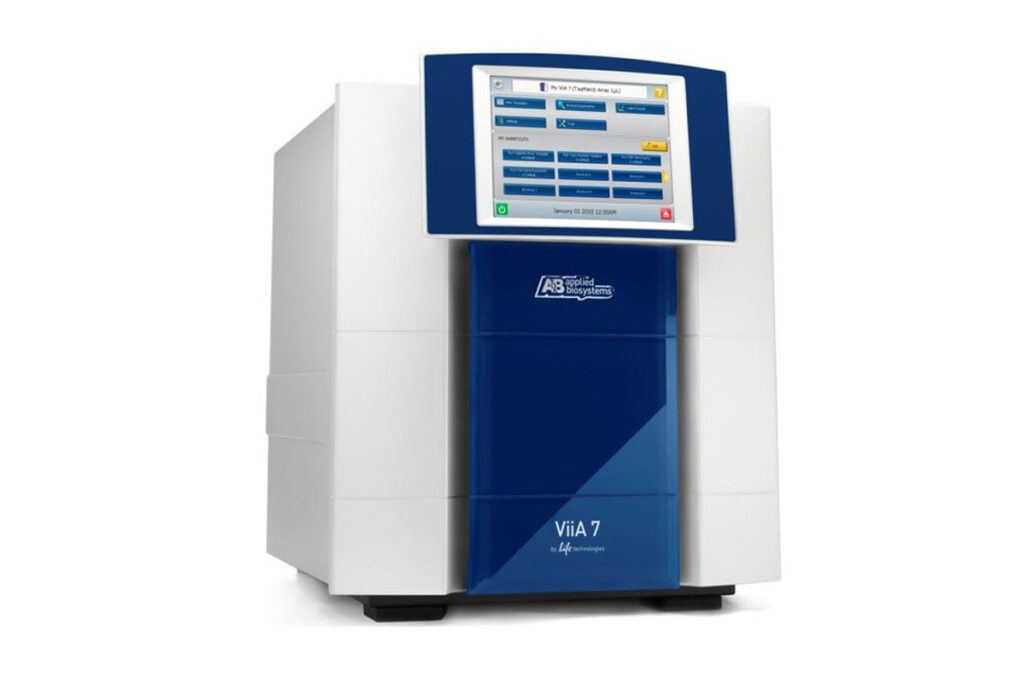
qPCR
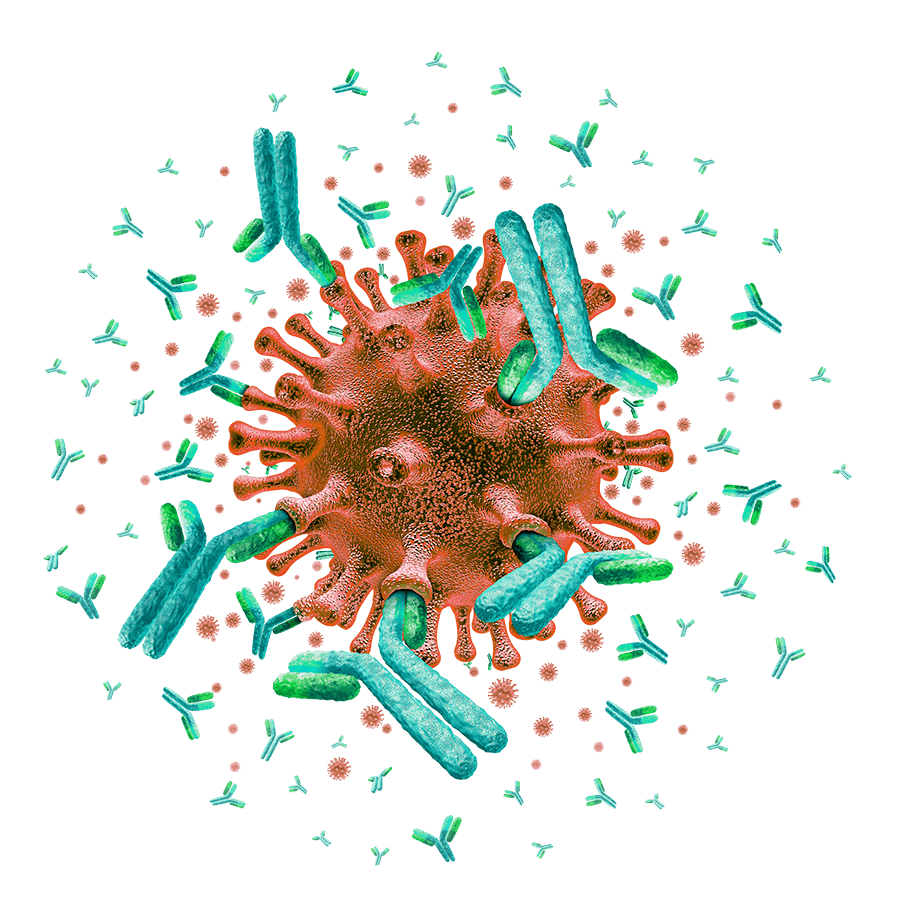
Explore The BioAgilytix Way Of Thinking
Explore our array of white papers, articles, and videos to gain deeper insight into our small and large molecule expertise, and to stay updated with the latest news and research coming from the field of bioanalysis.

Experts in Large Molecule Bioanalysis for Neurology-Related Studies
Pharmaceutical and biotechnology companies are fueling the innovation needed to drive this area of study. We understand, that to continue on this path they need of a CRO partner that can help develop superior biotherapeutic solutions for inherently complex neurologic diseases.
Our team of Ph.D. and Masters-level scientists has extensive expertise in supporting neurology-related studies in a variety of matrices including plasma, CSF and brain homogenates. In addition to an extensive menu of Alzheimer’s and other key CNS-related markers, BioAgilytix is certified to run Aß42 and Total Tau using MSD. Decades of experience working in this area of bioanalysis allow us to help navigate scientific and regulatory complexities at every step of development.
Find an expert partner in BioAgilytix. We are prepared to support your neurologic disease studies with a high level of quality and commitment.
Pharmacokinetics & Pharmacodynamics (PK/PD)
See how our PK expertise complements our immunogenicity services by evaluating absorption, distribution, metabolism and excretion characteristics of a product.
Biomarkers
Learn how we will translate our experience working with over 500 biomarkers in singleplex and multiplex formats to your project’s success.